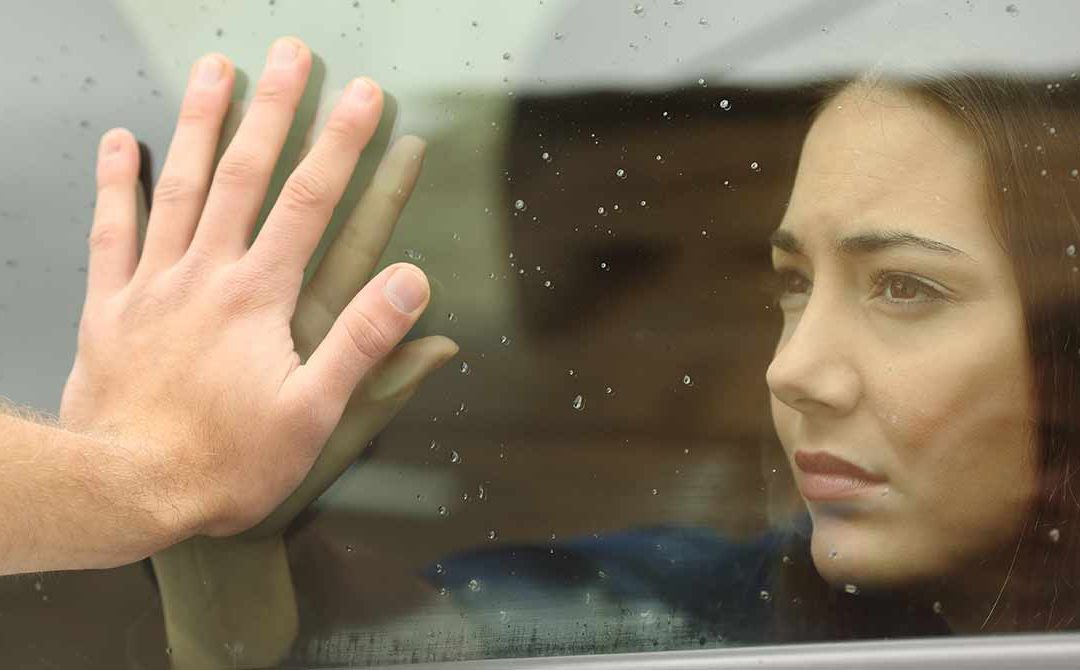Saying Goodbye
A world of goodbyes exist in life. Some are easily identified and others are overlooked and missed. With each goodbye we experience a transition between what was to what will be. The new things are often treated with excitement, hope, and opportunity, but goodbyes are different.
At best we’re able to shed a couple tears, remember or memorialize, and then walk away or let go. Though at worst the experience is plagued with anxiety and insecurity, our identity is shaken, we may quickly rebound to fill the hole, and then feel regret.
How do we get better at saying goodbye?
We can begin by identifying and acknowledging what we are letting go of and saying goodbye to:
Goodbye to identity, self-image, or a role
Goodbye to hopes, dreams, and goals
Goodbye to a person through death, a move, a lost friendship, divorce, or separation
Goodbye to a group or place of belonging
Goodbye to a child yet to be born
Goodbye to a child who is grown
Goodbye to a companion, pet, or animal
Goodbye to a home
Goodbye to a place of employment, co-workers, and clients
Goodbye to a favorite spot
Goodbye to an era and age
Goodbye to naiveté and innocence
Goodbye to the bad, Goodbye to the good
Goodbye for an hour, day, season, years, life
After identifying the loss, we can figure out how we want to experience or say our goodbye.
Key aspects of a healthy goodbye:
- Give time and space for the goodbye. Prepare for the change and transition. Allow others to speak their goodbyes to you. Goodbyes can be the opportunity to exchange gratitude and appreciation for what was never mentioned.
- Allow yourself to feel moments of sadness. The sadness and tears can be healthy ways to demonstrate the significant value and depth of what is ending. Acknowledging the sadness can also be a way to allow yourself to move on.
- Sort through your memories. Allow yourself to remember and value the good. Process and work through the bad, coming to terms with what was and letting go where you are able.
- Create a reminder that can capture what you want to remember. We are prone to forget and simple acts of nostalgia can lead to greater happiness.
- Take inventory of how this goodbye will change and impact other areas of your life. What else will be lost or gained? What are the simple and specific things that will be missed? Naming the extent of the losses will help us prepare and grieve as we need to.
Naturally we will try to sum up and create meaning out of the experience, relationship, or period of time. We look for patterns and inconsistencies. We look for lessons to remember to repeat. Sometimes we can find ways to encourage others to try or avoid the experience.
Sometimes we feel like we missed the boat and the opportunity for the goodbye has passed. Practicing the habit of saying goodbye can be applied to things present or past. Goodbyes are a way to honor and thank the experience for being a part of your journey, whether it is perceived negatively or positively.
Sometimes we’re able to thank the bad experiences for the good that it brought or the lessons that we learned. Taking time for a goodbye allows us to reorient our lives and decide upon our next steps and future trajectory.
Each goodbye allows us to be fully present in our next transition.


